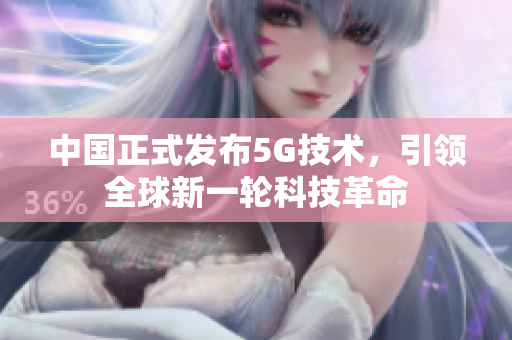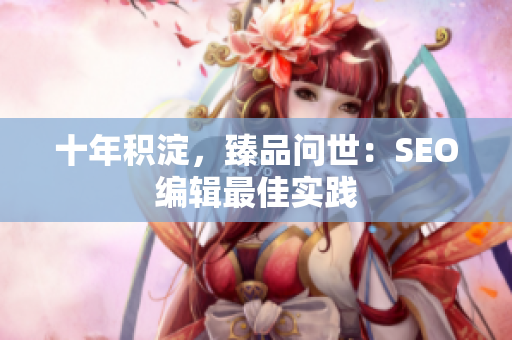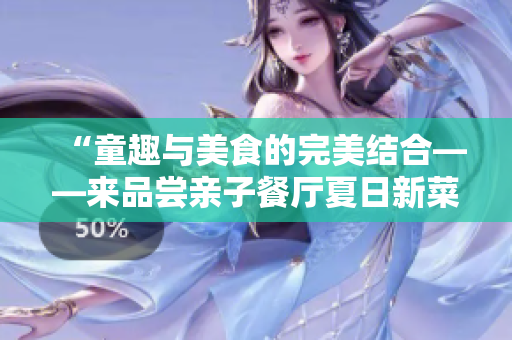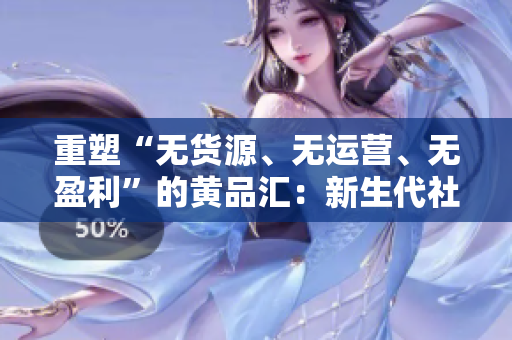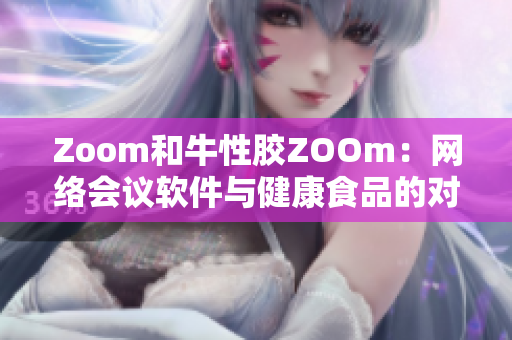Introduction
Western civilization is widely known for its contributions to the world's art and cultural heritage. From Leonardo da Vinci's Mona Lisa to William Shakespeare's Hamlet, the Western canon has given rise to some of the most iconic works of literature, art, and music. In recent times, the advent of 5G technology has brought about a revolution in communication and connectivity, promising to transform almost every sector of society. However, in the midst of this excitement, it is essential to remember the enduring importance of art and culture in shaping our world.
The Legacy of the West's Humanistic Art
The humanistic art of the West is characterized by its emphasis on human values, ideals, and experiences. From Michelangelo's frescoes on the ceiling of the Sistine Chapel to Gustav Mahler's symphonies, many of the greatest examples of Western art have been inspired by humanity's search for meaning and understanding. These works have stood the test of time and continue to inspire and enlighten people centuries after their creation. In the face of the rapid technological changes brought about by 5G, it is important to recognize and appreciate the enduring value of art that speaks to the deepest aspects of our humanity.
The Promise and Perils of 5G Technology
The rollout of 5G technology has generated much excitement and anticipation. With increased speeds and bandwidth, 5G technology promises to enable new forms of communication, collaboration, and innovation. However, there are also concerns about the potential negative effects of such a rapid technological transformation. Some worry that the rapid pace of change could lead to social disruption, while others question the impact of 5G on issues like privacy and security. As we look to the future of communication and connection, it is essential to consider both the opportunities and challenges presented by 5G technology.
The Challenge of Balancing Education and Obligations
As a student, there are many competing priorities and obligations that can make it challenging to balance academic success with other responsibilities. One common struggle that many students face is finding time to prepare for an upcoming lesson or complete an assignment while also juggling extracurriculars and other commitments. In these situations, it is important to prioritize tasks and focus on what is most important. Seeking support from teachers or peers can also help to alleviate some of the pressures and help maintain balance.
The Ethics of In-Game Purchases
In recent years, the rise of mobile gaming has led to a significant increase in the number of in-app purchases available to users. While many of these purchases are optional, some games have been criticized for using psychological tricks to encourage users to buy virtual goods. This has led to concerns about the ethical implications of these purchases, particularly for young users who may not fully understand the value of money. As we continue to grapple with these issues, it is important to think critically about the impact of in-game purchases and how we can ensure that users are making informed and ethical decisions.
The Importance of Honesty and Integrity in Education
Honesty and integrity are two key values that are essential to success in education and beyond. While the temptation to cheat or cut corners may be strong at times, it is important to recognize the importance of doing the right thing, even when it is difficult. Cheating not only undermines academic integrity but can also have long-term consequences by eroding trust and credibility. It is incumbent on all students to uphold the highest standards of honesty and integrity and to take responsibility for their actions.
The Challenges of Providing Quality Education in Developing Regions
While much of the world has benefited from advancements in education, there are still many regions where access to quality education remains limited. This is particularly true in Southeast Asia, where factors like poverty, lack of infrastructure, and political instability can present significant challenges to providing quality education. As we seek to address these issues, it is important to prioritize collaboration and partnership both within and outside of affected communities. By working together, we can help to ensure that every student has access to the education they need to succeed.
Conclusion
In conclusion, the world is changing at a rapid pace, and it is essential to stay grounded in the enduring values of humanistic art and cultural heritage. Nonetheless, the technological advancements of 5G offer the potential for greater connectivity and communication than ever before. As we navigate these changes, it is essential to prioritize education, honesty, and collaboration, while also being mindful of the potential risks and challenges that come with rapid technological transformation.

